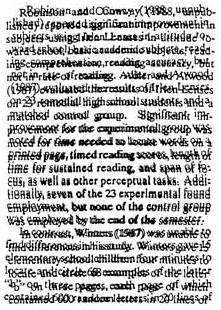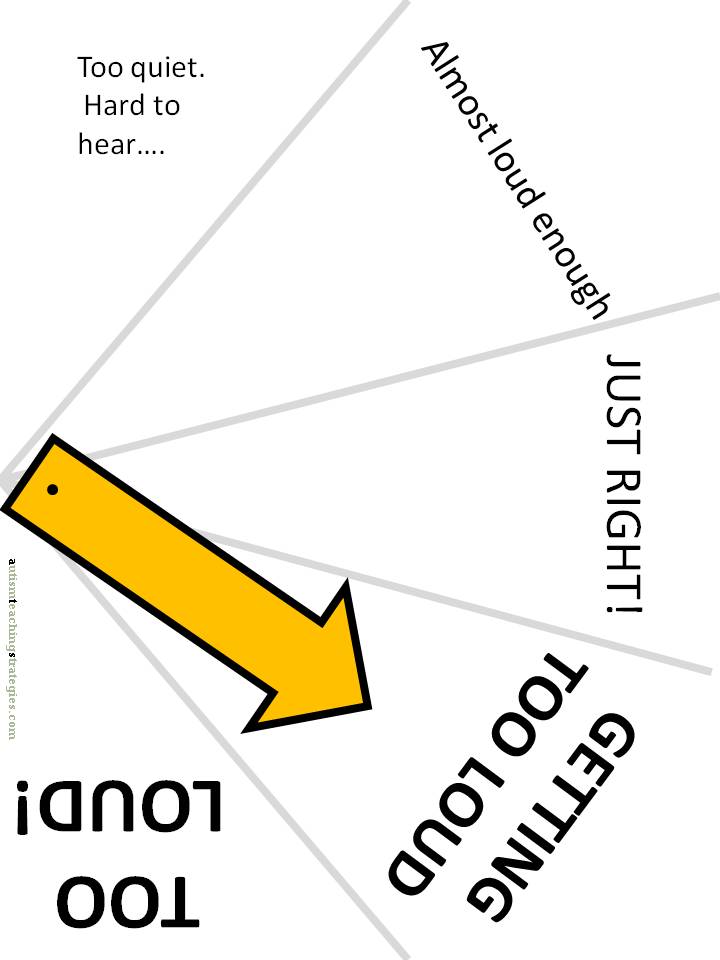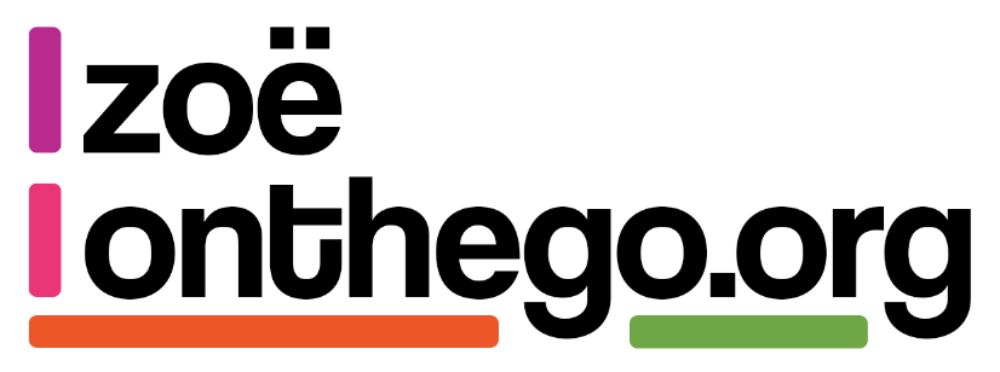Hi, I’m Zoe and I’m a NeuroDiverse Senior Civil Servant.

Last week I attended Civil Service Live, it was an interesting day, with sessions on everything from AI and keeping abreast of new technologies, to Transformation to resilience and personal wellbeing. The session that stood out most for me was the “Making Government an event greater place to work” which was an interesting session featuring several people talking about their own mental health, and colleagues from DWP’s Diversity and Inclusion Team talking about the work they have been doing to make invisible disabilities more visible.
The team has been working with neurodiverse colleagues to make short videos to help neurotypical colleagues understand their disabilities. This included a video on sensory processing disorder, and how many colleagues with ASD can find what some people might call normal background noise overwhelming; and another video on how some people with Dyslexia can struggle with reading, with text moving around the page.

I thought these were really useful tools for colleagues to help increase understanding, and to normalise invisible disabilities.
After the session I got talking to one of the speakers and a few other attendees about some of the mentoring and leadership schemes that exist for Disabled people, and that unfortunately these are not widely visible with a lot of people not knowing they exist or how to join them. We also discussed the need for more visible representation of neurodiverse people within senior leadership.
I was diagnosed with Dyspraxia when I was 14, and nowadays I’ve recognised (through parenting my child through the intricate diagnosis process for ASD and ADHD) that I probably have ADHD as well and am now in conversations with my GP to get a referral for an assessment.

When I first joined the Civil Service (technically as a temp back in 2002 before I went to university) I was doing a data entry job, and when I admitted to a senior manager that I had Dypraxia he told me to keep it quiet or everyone would wonder why he’d hired me. Having a learning disability was definitely seen as a barrier to progression.
I remember when I joined the Ministry of Defence as a Fast Streamer back in 2006, I looked at the data for the Senior Civil Service at the time and realised that less than 3% of colleagues in the SCS had a disability, and of those, the number who were declaring a non-physical disability was in single figures (in the MoD at least). At that time, I made the decision that I would do everything I could to reach the SCS, so I could help change those stats.
Until a few years ago I’d never met an SCS person who I knew was neurodiverse. I was talking to a senior leader asking for advice on speaking at conferences as it was something I’ve always struggled with in terms of confidence, and he admitted that he was Dyslexic and couldn’t read of prompts, so would always have to learn his presentations by heart. This was someone I had known for over a year, and it felt like I was being told a secret that they were ashamed of, but it made me feel hope. Here was this person 2 grades above me, who also had a learning disability. It was possible.
Several years ago at a leadership development session designed to help G6 colleagues pass the SCS application tests, one of the senior colleagues stated that “anyone can just learn to do maths with a little bit practice”. I ended up speaking up and saying that “as someone with a learning disability I found that kind of sweeping statement very unhelpful”. After the session I had another colleague approach me and ask if I could provide some mentoring to one of their members of staff who had Dyslexia and wanted to progress in their career but they weren’t sure if that was possible given their disability, and my colleague believed that talking to another neurodiverse person might help their confidence.
Over the years I’ve mentored perhaps a dozen people, some through official schemes, but just as many have approached me and asked whether I would mentor them as they themselves are neurodiverse and there aren’t that many senior leaders out there who own up publicly to having a learning disability or being neurodiverse. As such people feel that there aren’t people in senior leadership positions who have learning disabilities or are not neurotypical.
Within the Civil Service and wider public sector we are doing more now to normalise Disability, there are great leadership and development schemes like the Possetive Action Pathway out there now to help build capability for Disabled colleagues or recruit more neurodiverse people. DWP and HMRC have been running Autism work placement programmes, GCHQ has it’s “Positive About Disabled People” scheme and there’s the Summer Diversity Internship programme; Diversity and Inclusion networks across the Civil Service are working to help support Disabled colleagues, and schemes like the ‘Workplace Adjustment passport’ are a great tool for disabled colleagues and their managers.

But I still believe we need more visible neurodiverse senior leaders, and leaders with both visible and invisible disabilities. Figures from 2018 show that still only 5.4% of SCS colleagues have a disability. I couldn’t find any data on the percentage of those colleagues whose disability was visible, invisible or both, but it’s safe to say we need to normalise neurodiversity at all levels.
For those of us who are neurodiverse in the Senior Civil Service, we need to speak up and say to our colleagues that we are here. It is possible. We bring something to the table, and so do you.
